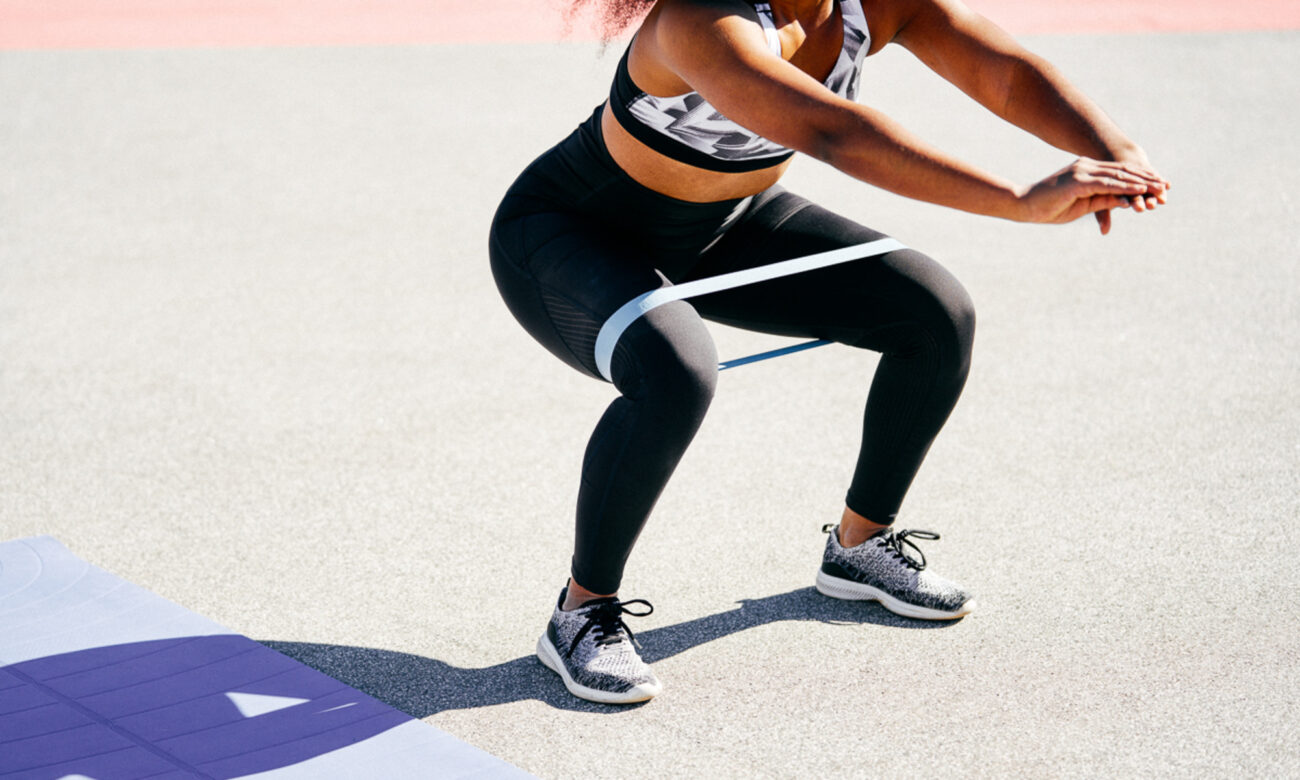Tag Archives: Science
Eat More Fiber, Feel More Energized — Here’s The Science
These tiny organelles don’t just produce energy; they regulate how cells communicate, repair, and respond to stress. When mitochondria ...
The Neuroscience Of Intuition: Bridging Science & The Signs That Guide Us
When neuroscientist and doctor Tara Swart, M.D., Ph.D., lost her husband, she experienced something that her medical training couldn’t ...
How Exercise Protects Your Brain From Anxiety, According To Science
I’ve always turned to movement when my mind feels heavy. A long walk when I can’t stop overthinking, a strength workout when I need to ...
Expert Reveals How Flawed Science Shaped Alzheimer’s Research
Looking ahead, Piller remains cautiously optimistic. Despite the setbacks and missteps, he sees a field ready for change, driven by sci...
Can Sugar Give You Wrinkles? What The Science Says About Collagen & Sugar
We dove into the research to see how sugar influences premature aging in the skin.
You can boost your health without breaking a sweat, according to this sports science professor—here’s how
Have you heard of zone zero? The term crossed my desk for the first time last week when I read an article by Tom Brownlee, an associate...
Perimenopause In Your 30s? What Science Says About Early Symptoms & Diagnosis
But don't stress—understanding your symptoms can empower you to take action.
Vibration Plates for Back Pain? Here’s What the Science Says
Quivering on a vibration plate—a wobbly board that shimmies your whole body when you stand on it—is 2025’s answer to the Shake Weight o...
Is Creatine Bad for You? What Science and Experts Say
Creatine boosts strength, muscle growth and may support brain and bone health.Most people benefit from 3–5 grams of creatine daily for ...
Squats vs. Walking: Science Reveals The Unexpected Winner For Blood Sugar
And it couldn't be more simple.










